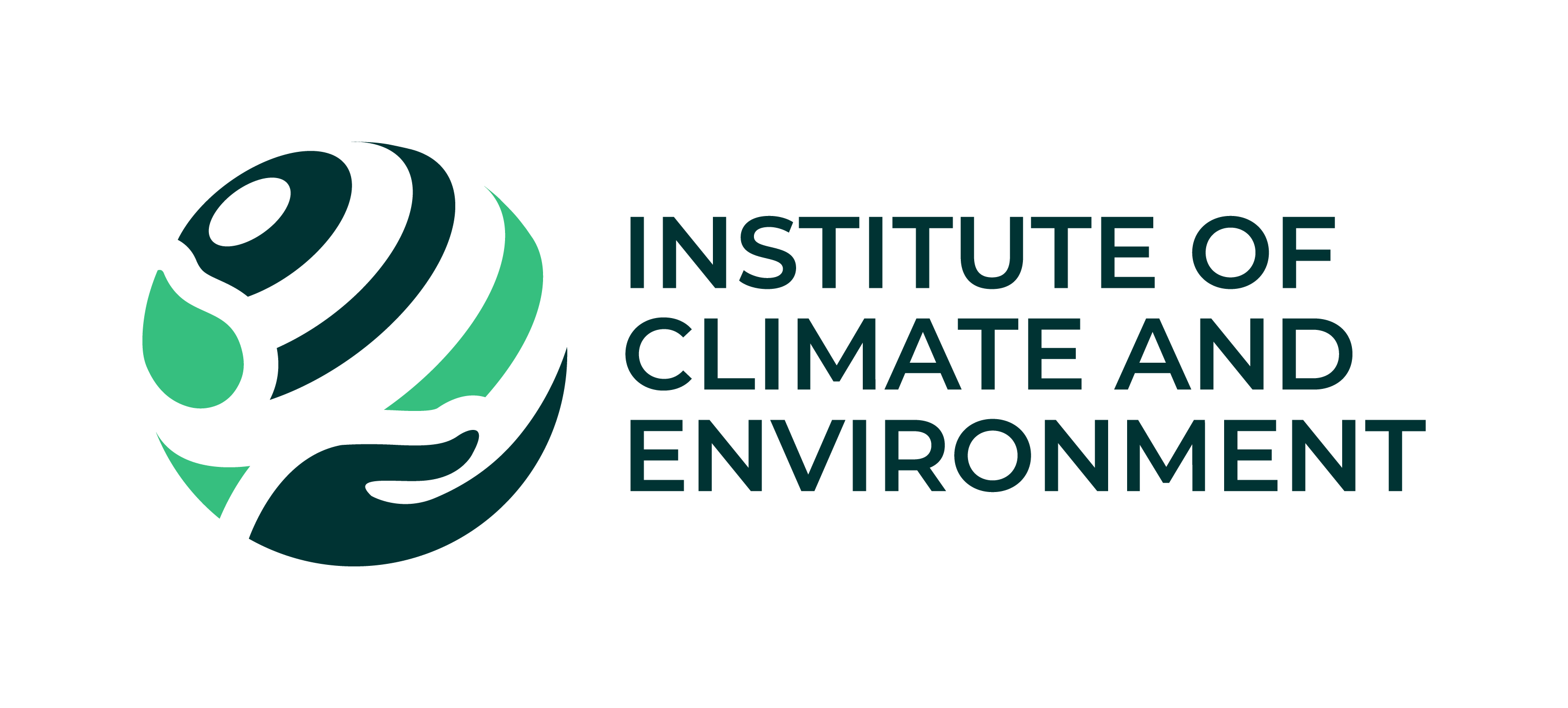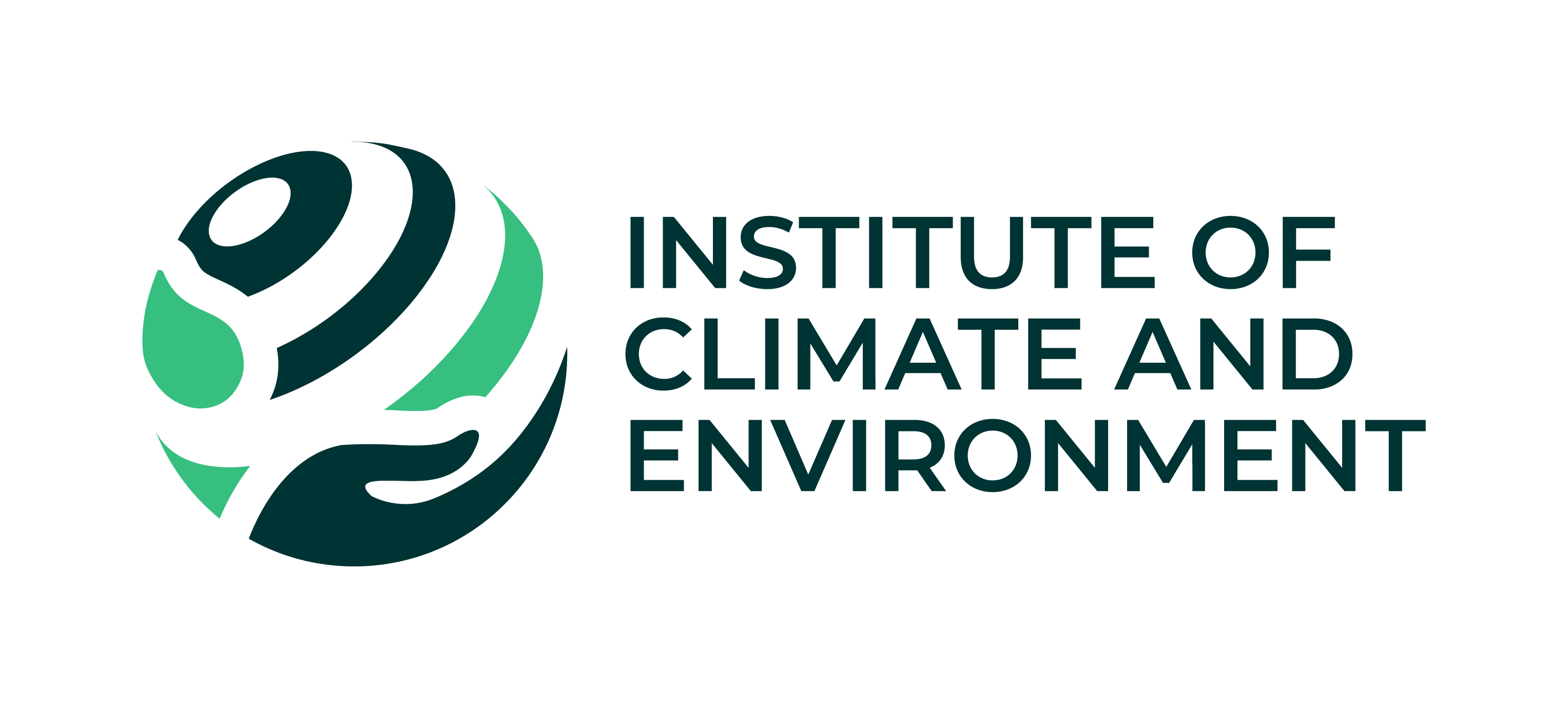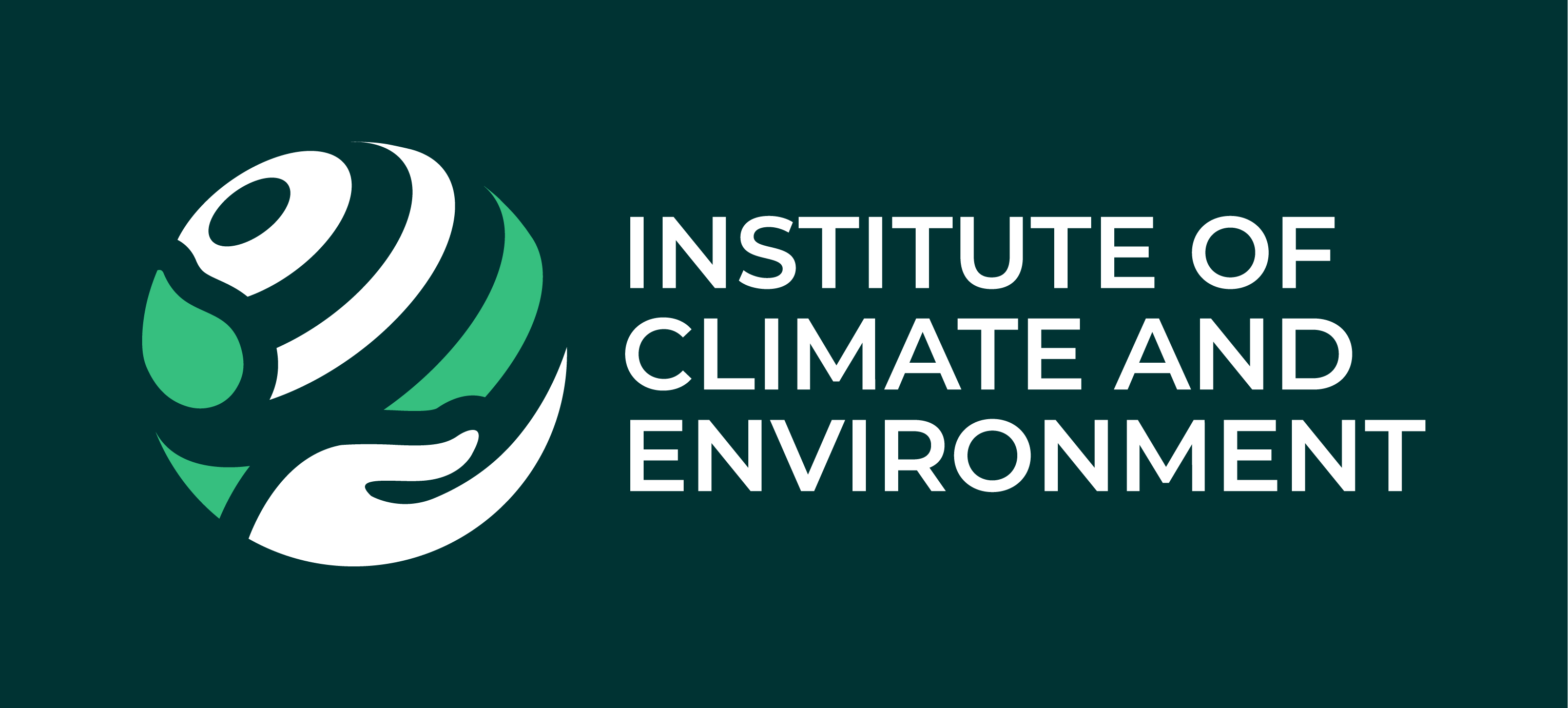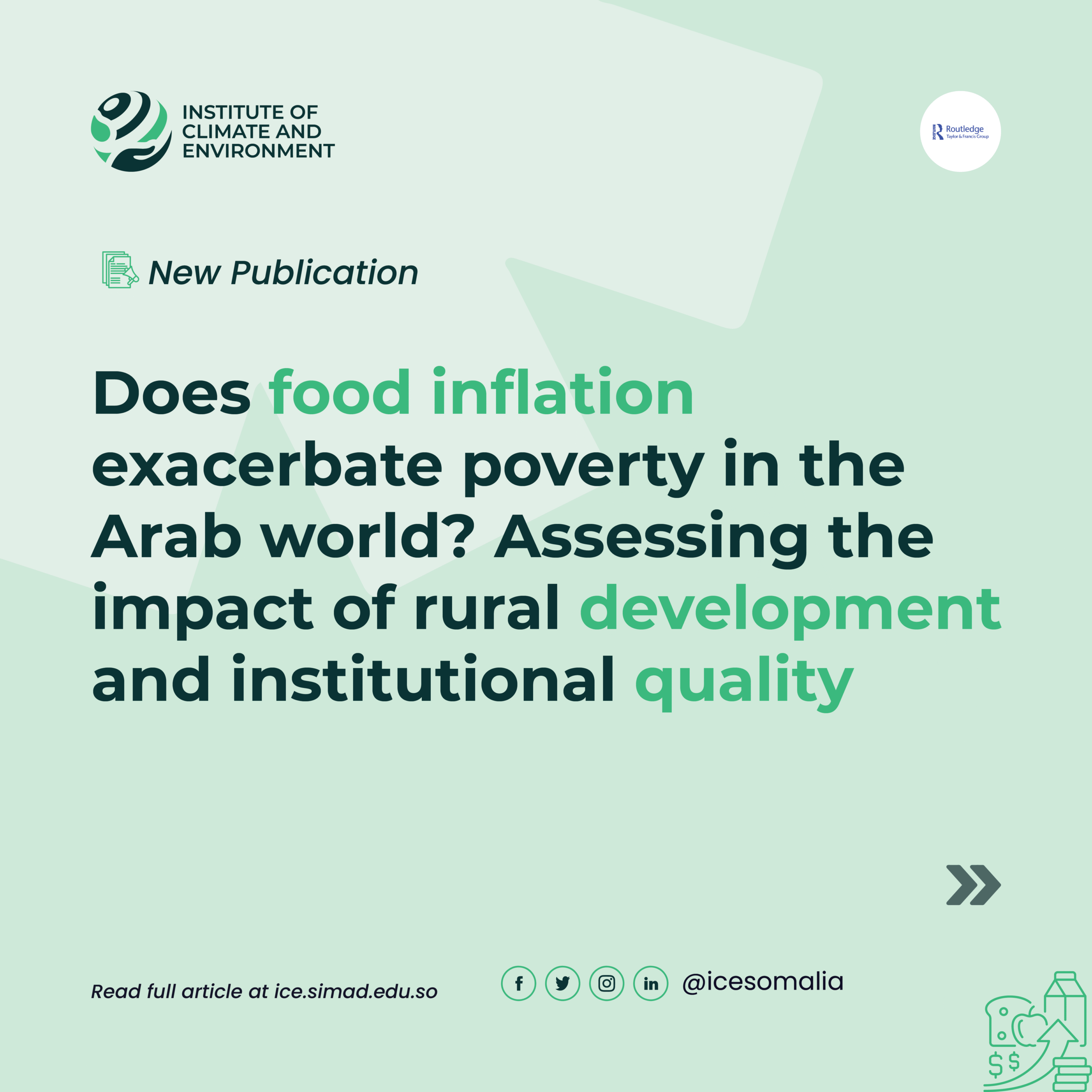ICE Institute Participates at the 4th IGAD Scientific Conference on Migration, Displacement, and Urbanisation 2025
The 4th IGAD Scientific Conference on Migration, Displacement, and Urbanisation convened a dynamic cohort of policymakers, scholars, practitioners, and regional leaders from across the Horn of Africa for an in-depth exploration of the drivers shaping displacement and urbanisation in the region. This highly anticipated gathering illuminated the complex intersections of
State of Climate in Somalia 2025
Somalia is facing a rapidly intensifying climate crisis marked by rising temperatures, erratic rainfall, and increasing extreme weather events. With over 90% of its land classified as arid or semi-arid, the country remains dangerously vulnerable to droughts, floods, and food insecurity. Following the catastrophic flooding in 2023, projections for 2025 warn of continue
Somali Youth Day 2025: Empowering Young Leaders for Climate Justice
On May 15th, 2025, Somali Youth Day was celebrated at SIMAD University’s Town Campus, bringing together over 30 young environmentalists, student leaders, and climate activists from SIMAD and Somali National University. The event, organised by the Institute of Climate and Environment (ICE) in collaboration with Oxfam Somalia, served as a vibrant platform to recognise
Does food inflation exacerbate poverty in the Arab world? Assessing the impact of rural development and institutional quality
Rising food prices continue to threaten economic stability and social well-being across the Arab world. This study investigates how food inflation influences poverty levels in 14 Arab countries from 2001 to 2020, with a focus on the moderating roles of rural development and institutional quality. Utilizing panel econometric models, including the panel corrected standa
Education for sustainable development in Somalia: do economic growth, energy consumption, and population density affect ecological footprints?
Somalia faces intensifying ecological challenges, from deforestation to energy dependency. A recent study evaluates how education, energy consumption, population density, and economic growth impact Somalia’s ecological footprint from 1990 to 2020. Using ARDL and DOLS econometric models, the research uncovers several critical insights. First, energy consumption—lar








